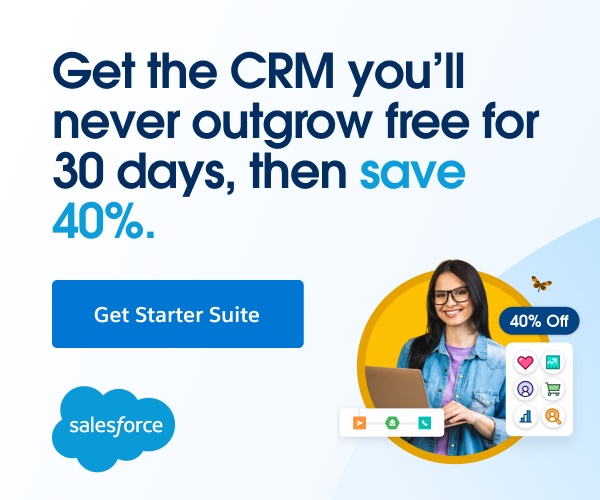This period saw a surge in B2B software companies funded by the cheap capital of the post-financial crisis bull market. For founders and investors alike, it was a time of unexpected opportunity.
But today, we have farewelled record-low rates and blanket remote working – while the cost of labour and raw materials has skyrocketed. In such an environment, businesses are taking a dimmer view of the flashy features they may have valued during the pandemic. Instead, mission-critical solutions, especially those that integrate both software and hardware, are in demand. These are not the ‘nice-to-haves’, but rather form part of the operational backbone, particularly in industries dependent on machinery and infrastructure.
AI: Sorting the fun from the fundamental
Artificial intelligence (AI) has been a dominant investment theme of the 2020s, with vast sums being funnelled into its development. Yet, in the short term, many AI solutions are adding as many complexities as they are resolving. As a result, investors must look beyond the generalised hype and focus on companies that provide clear, immediate cost-saving benefits.
One such example from our portfolio is Plume, which has developed a practical AI application to optimise wi-fi in homes and businesses. Through efficient bandwidth management via cloud computing, Plume enables telecom providers to significantly reduce the need for technician visits, saving millions in operational costs. These are the types of providers that stay firmly off the hit list when the CFO sharpens their cost-cutting pencil.
Software and hardware: The brain and the body
VCs have been captivated by SaaS (Software-as-a-Service) models, which promise high returns with relatively low overheads. But the focus on software alone overlooks the indispensable role of hardware in Europe’s industrial powerhouse sectors. While software functions as the brain—processing information and directing operations—hardware acts as the body, executing these decisions in the physical world. Without this synergy, businesses either replace assets too early, wasting billions; or too late, causing major operational issues.
Take Konux, a German AI and IoT company specialising in railway infrastructure. Konux uses IoT sensors combined with AI analytics to manage predictive maintenance and network monitoring. Its flagship products not only increase the efficiency and safety of railways but also make them a more sustainable mode of transportation by reducing costly delays and breakdowns.
Similarly, Arch Systems applies AI and IoT to manufacturing. Each year, billions are lost due to inefficient use of machinery and suboptimal repair schedules. Arch Systems collects and analyses real-time data from factory floors, identifying bottlenecks that would otherwise go unnoticed. This significantly reduces capital expenditure, by increasing uptime and reducing the need for additional machinery.
The value of a selective strategy
The traditional VC model often prioritises diversification—a “spray and pray” approach that involves investing in a wide range of companies with the hope that a few will succeed. But this approach is not well-suited for those aiming to back truly transformative B2B technologies. The complexity of these businesses, combined with the long-term nature of their growth, demands more concentration and conviction.
Our own approach is not about chasing the next unicorn—it is about cultivating resilient businesses that can weather economic uncertainty because their value is so inarguable. We look for companies that already have paying customers, then stick with them for the long haul. It is important that VC investors do not just invest once, then disappear, as this robs founders of the support, network, and sector expertise that is often endemic at VC firms. By concentrating their portfolios, VCs are able to engage more deeply with each business, providing not just capital but also guidance and strategic support.
Collaboration over competition
The B2B investment space, particularly in Europe, is becoming more characterised by a cooperative ecosystem where expertise and connections often trump sheer capital power. But European VC is often overshadowed by the presence of larger, more established US-based funds. As these American players expand their operations in Europe, European VCs are challenged to differentiate themselves. They can do so by focusing on local expertise.
For entrepreneurs, this dynamic can be an advantage. With multiple investors contributing different types of value, whether in recruitment, scaling strategies, or go-to-market approaches, they have access to a broader range of resources that can propel their growth.
However, there’s a delicate balance between supporting innovation and ensuring capital flows to the right businesses. Oversaturation of funding risks channelling too much capital into the wrong startups, diluting focus on companies solving critical problems. As such, selective and targeted investment is more important than ever.
Sustainability as a growing focus
Sustainability is now central to the investment thesis for many VCs. In the B2B space, the integration of ESG metrics and goals into technology solutions is gaining momentum. Technologies that reduce waste, improve energy efficiency, or optimise resource use are not only good for the planet but also increasingly valuable for businesses as they seek to align with regulatory pressures and end-consumer demand for responsible business practices. From AI-driven solutions that optimise energy use in industrial settings to hardware that extends the lifespan of critical equipment, there is huge potential for impact-driven investments in the B2B sector.
By backing companies that blend expertise, collaboration, and sustainability, investors can drive the next wave of B2B innovation. The future lies with mission-critical founders who are building the backbone of tomorrow’s economy, solving real-world problems with real-world solutions.
Dr Torsten Kreindl is founding partner at Capmont Technology.












